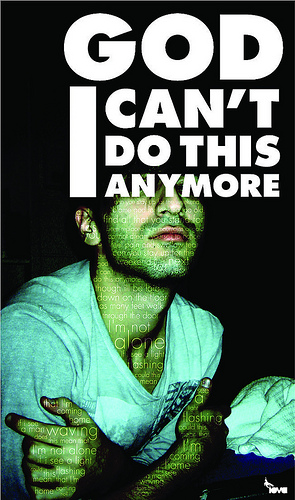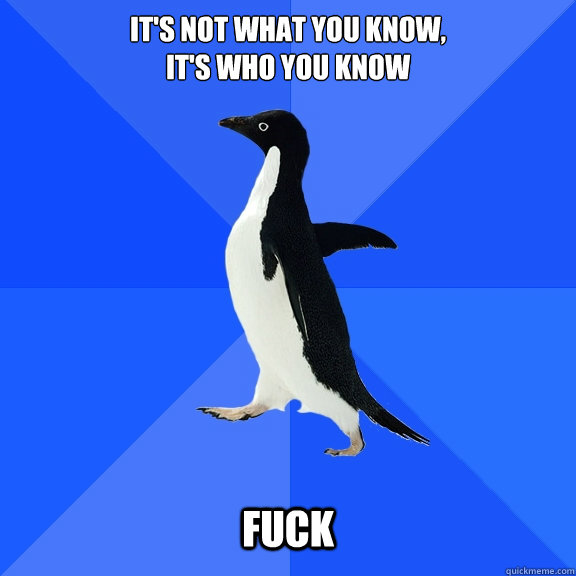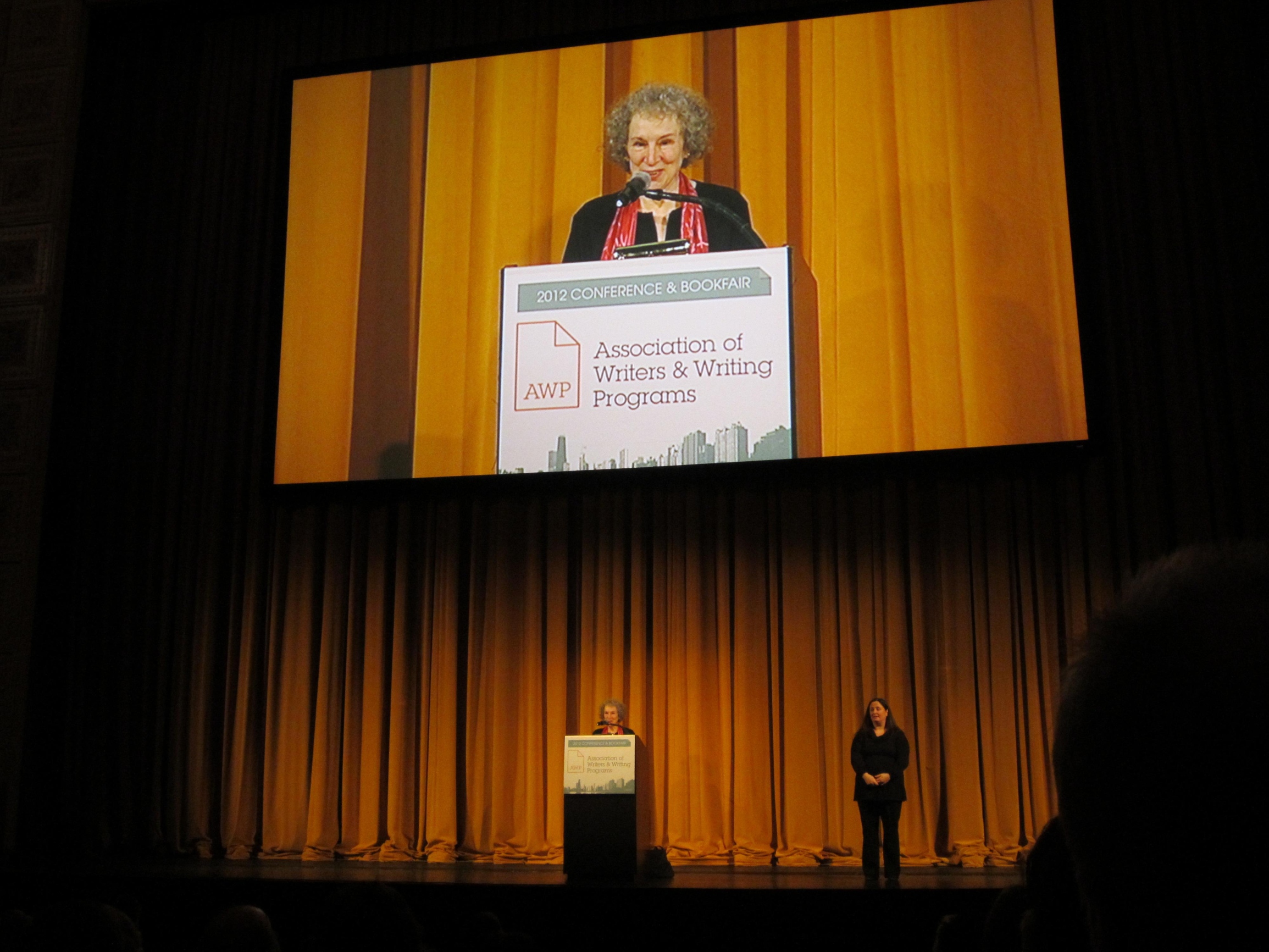Today, I got this question: “How do I go about getting Letters of Recommendation for places like Breadloaf and Yaddo? I didn’t get an MFA. I’m older than the average Bright Young Thing applicant. Might we question the very system that requires LORs in the first place?”
This is a really good question. (You can read the question verbatim here, in the comments section.)
I just checked my Google Analytics and discovered that “MFA FAQ: the LOR” is the #1, most-read blog post at The Big Thing. Viewed about 2000 times since I posted it in Oct. 2011, it was composed with a college-age student in mind, someone applying to MFA programs for the first time. But I realize that lots of people need LORs—even me!
So, here’s the advice I gave.
I know what you’re talking about. It’s much harder to get letters when you’ve been out of school for awhile. Actually, the other day I was thinking about applying for a fellowship, but I had a hard time coming up with three writers familiar enough with my work to do a letter for me. Most of the writers I know are 25 years old. It’s also hard to find writers willing to blurb your book or write you a letter for academic positions.
Like you, I hate asking for letters and blurbs. Because I know how much time it takes to do them well.
A few years ago, I realized that I was going to have to start making it part of my “job” as a writer to know other writers, to be a part of a literary community, basically “to know people.” I don’t like to call it “networking,” but it is something I do more consciously now than I did 10 years ago.
If you’d like to go to Breadloaf, Yaddo, etc., let me suggest some possibilities for you that don’t involve dismantling the system:
–Ask the editors of the magazines where you publish work to vouch for you.
–Go to a writers conference like the Midwest Writers Workshop (I’m on the committee) or the Pacific Northwest Writers Association conference or the Imagination conference, just to name a few. If you have the opportunity to have your work read by an author there, jump on it.
–Take a class (IRL or online) via a writers’ center, such as The Writers Center of Indiana or Grub Street or The Lighthouse Writers Workshop. Your instructors can then write letters for you.
–Or maybe through one of these experiences, you’ll develop a friendship with another writer with whom you can trade work. If that person has some credentials, maybe they can write a letter for you when you need one.
–After checking out your blog and the subject of the book you’re working on, I’d suggest proposing a WWII-themed or historical fiction/nonfiction panel for AWP. Write to people you admire who might potentially be able to blurb your book or write LORs for you and ask them to be on that panel.
–Also, it has never been easier to “know” writers via social media. Some of my students have formed mentor-like relationships with writers they’ve met on Twitter, Facebook, or blogs. You have a blog. Have you met people via your blog? Do you comment on other people’s blogs? Are you part of an online conversation, or do you feel like you’re posting into a vacuum?
–If you practice even some of these principles of Literary Citizenship, you will get to know people. I guarantee it.
Also, here’s this: I write a lot of letters for people trying to go to places like Yaddo and Breadloaf, know lots of people who try to get into those places, people who are young and sexy and/or well connected, and they often can’t get in either. We’re in a really competitive field, as you know.
But maybe what you’re really asking about is WHY DO WE NEED LETTERS AT ALL? Why can’t the work speak for itself?
Well, here are some reasons.
–Because LORs play an important role in the vetting process.
–Because they help to weed out (but do not totally eliminate) candidates who might be crazy, dangerous, ill prepared, etc.
–Because when you’ve got 300 candidates for 10 spots, you really do need to weigh as many factors as possible, and taking into account the word of someone who knows candidate really does help.
–Because LORs are basically the same thing as the old-fashioned Letter of Introduction. When Hemingway was heading to Paris, he asked Sherwood Anderson to write him a letter of introduction so he could meet Gertrude Stein, and Anderson obliged–one of the reasons Hemingway’s criticism of Anderson in Torrents of Spring was (to me) a huge betrayal.
–Because if you’re Gertrude Stein, or Breadloaf, or Yaddo, and there are all these people who want to come into your house, how do you decide who to let in? You can’t just open the door. That’s probably not safe or practical. You have to figure out a way to screen, and it’s just human nature to ask someone, “So, you know X, right? What do you think?”
–Because this is how we apply for jobs, too, by offering up a list of names of people who can vouch for us.
I hope I don’t sound patronizing. I’m sure you understand all this. I know how frustrating it is when you feel like certain clubs are closed to you. Oh, do I know that feeling. But my advice is: don’t let yourself get angry and resentful. Think of it as a challenge, as part of the process of becoming the writer you want to be.
We can rail and rail about the adage, “It’s who you know,” or we can accept that it’s just a reality that’s never going to go away and prepare ourselves to start knowing people–not in a skeezy, opportunistic way, but rather in a professional, positive, way.
The more good people we have in our lives, the better, right?







